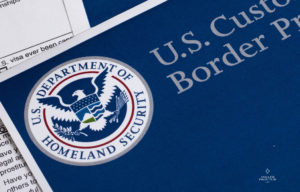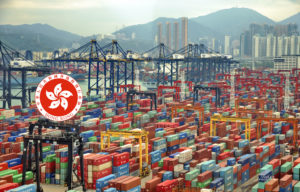News & Insights
U.S. Commerce Department to Increase Maximum Civil Penalty Amounts on January 15th
As announced yesterday in the Federal Register, the maximum civil penalty amounts that may be assessed by the various bureaus, offices and agencies of the Department of Commerce will be adjusted upwards for inflation per the Federal Civil Penalties Inflation Adjustment Act of 1990, as amended.
What does this mean for U.S. companies? Briefly, the Final Rule signals that export violations and Automated Export System violations, among others, can lead to the imposition of even higher civil penalties by the Commerce Department. For example, on January 15, 2018, violations of the Bureau of Industry and Security’s Export Administration Regulations (15 CFR Parts 730 – 774) will be subject to a maximum civil penalty of $295,141 under the International Emergency Economic Powers Act (50 USC 1705(b))—this was increased from $289,238 per violation. In addition, violations involving Electronic Export Information (EEI) filings submitted into the Automated Export System can lead to a maximum civil penalty of $13,605 by the Census Bureau, which was increased from $13,333 per violation. Further, the maximum civil penalty amounts assessed under other laws and regulations that are enforced by the Commerce Department will be adjusted as follows:
- Foreign Trade Zone (19 U.S.C. 81s): From $201,106 to $205,211.
- Lacey Act Amendments of 1981 (for violations of 16 USC 3373(a)(1)): From $25,881 to $26,409.
- Lacey Act Amendments of 1981 (for violations of 16 USC 3373(a)(2)): From $647 to $660.
- False Claims Act (31 USC 3729(a)(1)(G)): From $10,957 to $11,181.
See 83 Federal Register 706 (January 8, 2018) for complete details.
If you have any questions pertaining to these upward civil penalty adjustments, need guidance with respect to compliance with U.S. export controls, or require further information on other international trade issues, please contact Melissa Proctor at Miller Proctor Law PLLC (melissa@millerproctorlaw.com).
News & Insights

CBP Consider 56 Comments Submitted In Response To Proposed Amendments To The Customs Brokers Regulations
CBP recently closed the comment period on its proposed changes to the customs brokers regulations in 19 CFR Part 111. A total of fifty-six (56) comments were submitted—most were concerned with ambiguity in the proposed regulatory language, while others suggested

USTR Requests Petitions from North American Auto Producers to Use Alternative Staging Regime for the USMCA Rules of Origin
On April 21, 2020, USTR published a Request for Petitions from North American automotive producers of passenger vehicles and light trucks for an alternative to the standard staging regime for the rules of origin for automotive goods under the US-Mexico-Canada


